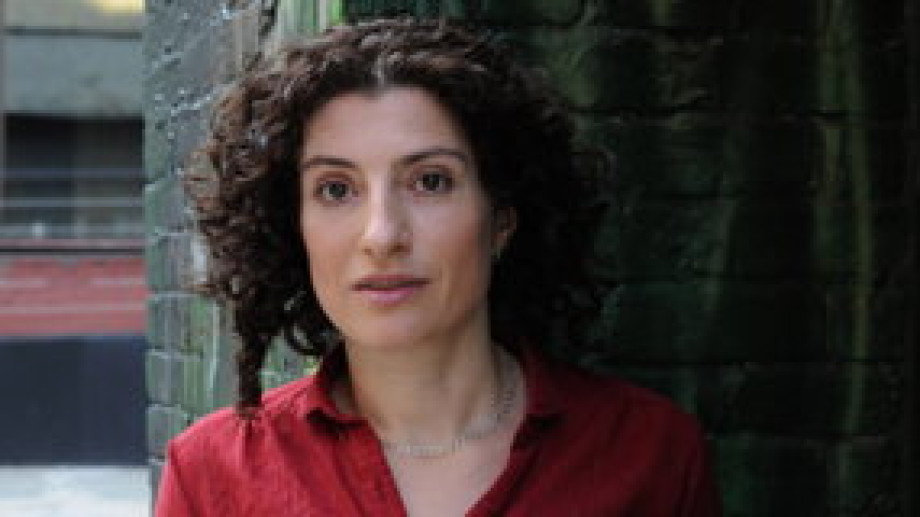
Intimacy was a key word at the HBO Films Directors Dialogue on Sunday between Julia Loktev, director of The Loneliest Planet, and Melissa Anderson from the NYFF selection committee. From her directing debut Moments of Impact, a very personal documentary about the aftermath of a near-fatal accident that befell her father, to follow-up narrative Day Night Day Night, a minimalist study of a lonely 19-year-old girl's decision to become a suicide bomber, Ms. Loktev often puts her camera very close to the action—”like a microscope,” to use her words. Her latest film The Loneliest Planet, Ms. Loktev explained, is about an incident, a split-second decision that changes everything.
In response to a question about she managed to be intimate but not overtly emotional, Ms. Loktev said she tried to capture emotion that's “truthful but not sentimental,” attempting to distance herself from the action and be in it at the same time. Her “sick sense of humor” helped her to discover funny and absurd aspects even in painful moments.
Rather than psychologizing her characters, Ms. Loktev prefers to focus on “physicality in an intimate way.” Day Night Day Night is about intimacy in solitary. The Loneliest Planet pays meticulous attention to the choreography of the three protagonists. Details about the characters' inner thoughts are often withheld.
Ms. Anderson quoted critic J. Hoberman's review of Day Night Day Night: “The movie has nothing to do with the psychology of the suicide bomber and everything to do with the psychology of the spectator.” Ambiguity like this is intentional on Ms. Loktev's part. Rather than creating a uniform viewing experience, she liked “the idea that people saw different movies.” In The Loneliest Planet, especially, audience reaction to the pivotal moment is radically diverse, which Ms. Loktev anticipated. “Every interpretation is right and justifiable,” she admitted, “but some are more interesting than others.”
When asked questions about the special attention paid to the landscape in The Loneliest Planet, Ms. Loktev explained that she had considered studying architecture before majoring in film. She also came into film from sound, rather than image, starting out as a DJ for an alternative radio station. Her approach to filmmaking is “sound before image.” Most of the sound in The Loneliest Planet was recorded on location, she told the audience, but separately and remixed in post-production. Ms. Loktev said she likes to “feel the cuts”—instead of smoothing them out, she prefers sharp cuts, “always cutting on unpleasant sounds.”
This was the first in a series of HBO Films Directors Dialogues that will take place throughout the festival. Upcoming dialogues include Joe Berlinger and Bruce Sinofsky in conversation with Eugene Hermandez, Abel Ferrara in conversation with Dennis Lim, and Wim Wenders in conversation with Scott Foundas.



